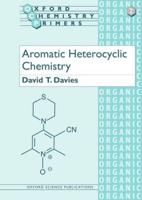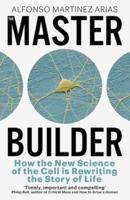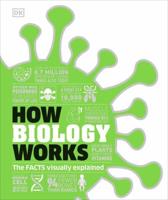Publisher's Synopsis
In spite of important advances in asymmetric synthesis, chiral compounds cannot all be obtained in a pure state by asymmetric synthesis. As a result, enantiomer separation remains an important technique for obtaining optically active materials. Although asymmetric synthesis is a once-only procedure, an enantiomer separation process can be repeated until the optically pure sample is obtained. This book discusses several new enantiomer separation methods using modern techniques developed by experts in the field. These methods consist mainly of the following three types: 1) Enantiomer separation by inclusion complexation with a chiral host compound 2) Enantiomer separation using biological methods 3) Enantiomer separation by HPLC chromatography using a column containing a chiral stationary phase. Separation of a racemic compound has been called "optical resolution" or simply "resolution". Nowadays, the descriptions "enantiomer resolution" or "enantiomer separation" are also commonly used. Accordingly, "Enantiomer Separation" is used in the title of this book. The editor and all chapter contributors hope that this book is helpful for scientists and engineers working in this field.










